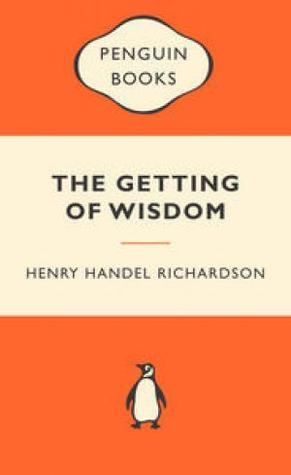What do you think?
Rate this book


233 pages, Paperback
First published January 1, 1910
At eight, the boarders assembled in the dining-hall for prayers and breakfast. After this meal it was Mrs Gurley’s custom to drink a glass of hot water. While she sipped, she gave audience, meting out rebukes and crushing complaints – were any bold enough to offer them – standing erect behind her chair at the head of the table, supported by one or more of the staff. To suit the season she was dressed in a shawl of crimson wool, which reached to the flounce of her skirt, and was borne by her portly shoulders with the grace of a past day. Beneath the shawl, her dresses were built, year in, year out, on the same plan: cut in one piece, buttoning right down the front, they fitted her like an eelskin, rigidly outlining her majestic proportions, and always short enough to show a pair of small, well-shod feet.They don’t make headteachers like that today.
it was impossible to limit your hopes to one single event, which, though it saved you from derision, would put an end, for ever, to all possible, exciting contingencies.